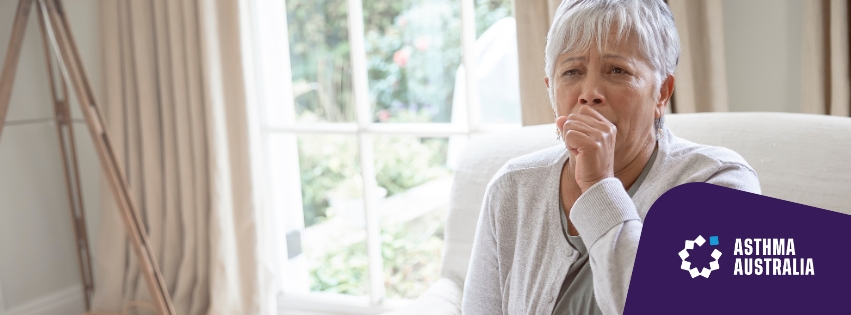
63-year-old Perth retiree Kellee Duffy was ready to enjoy retirement — but in 2024, everything changed.
Kellee was diagnosed with Respiratory Syncytial Virus (RSV), a virus many assume is only serious for young children. For Kellee, however, it became a life-threatening ordeal that left her hospitalised for seven weeks and fighting for her life.
Kellee’s illness began with what seemed like mild, flu-like symptoms: a runny nose, sore throat and stuffy head. Within days, these progressed to a fever, body sweats and uncontrollable shivering. When her support worker saw how unwell she was, they called an ambulance immediately.
“I knew there was something seriously wrong. I just couldn’t breathe, I couldn’t catch my breath or get any air in. I have never been so frightened in my life, it was terrifying,” says Kellee.
For most people, RSV only manifests with mild symptoms. However, according to Asthma Australia, older adults are at greater risk of subsequent complications such as pneumonia and hospitalisation — which was what happened to Kellee, who was diagnosed with RSV and double pneumonia.
Over the following five weeks, her condition worsened as she was transferred between the infectious diseases and respiratory wards.
“The impact of viruses like RSV on the community have long been underestimated. For most of us it means a few days close to a box of tissues but for older adults and people with asthma, it can be quite dangerous, increasing the risk of pneumonia and hospitalisation,” says Kate Miranda, CEO of Asthma Australia.
Despite having well-managed type 1 diabetes and asthma, Kellee quickly developed serious complications, including two cardiac arrests.
“In hospital I wasn’t able to have any visitors for quite some time, it was very isolating. I couldn’t talk to my brother or sister on the phone as I didn’t have a voice – it was lonely and just horrible,” says Kelle.
After seven weeks in hospital, she began rehab to regain strength. Nine months later, she’s still recovering with ongoing care.
“I tell people, RSV was the worst time in my life, and I wouldn’t wish it on my worst enemy,” she says. “I have never been so unwell and so terrified.”
Her experience echoes concerns raised by Asthma Australia, who continue to highlight the increased risks RSV poses for older adults and people with respiratory conditions like asthma — and the urgent need for greater awareness and prevention.
As temperatures drop and winter settles in, you might notice viruses like Respiratory Syncytial Virus (RSV) becoming more common.
Although RSV in adults often causes a mild disease, if you’re older or have asthma, you may experience stronger symptoms and you could develop complications like pneumonia. RSV can also sometimes cause asthma symptoms to worsen and lead to a flare up.
The good news is that Asthma Australia recommends a few simple steps to help reduce your risk:
Vaccines against RSV are now available for pregnant mothers, young children, some people aged 50 to 59, and all people aged 60 and over. This helps protect both the children and the older adults who care for them.
Taking small steps now can make a big difference later. Speak with your GP and take proactive steps to protect yourself and your loved ones.
While all older Australians are at risk of serious illness from RSV, adults with asthma are up to eight times more likely to end up in hospital – making protection even more important.
“Asthma Australia is asking people who are pregnant or care for young children, as well as older adults and people with asthma to not be complacent this season. Take action to reduce risk of infection in the community, including paying attention to hygiene practices and getting vaccinated,” says Miranda.
GSK are a campaign partner of Asthma Australia and have supported this work via an unrestricted grant and have not been involved in the development of this media release.
IMPORTANT LEGAL INFO This article is of a general nature and FYI only, because it doesn’t take into account your personal health requirements or existing medical conditions. That means it’s not personalised health advice and shouldn’t be relied upon as if it is. Before making a health-related decision, you should work out if the info is appropriate for your situation and get professional medical advice.

If you're 50 and over, or have asthma, a few simple steps can make a big difference.